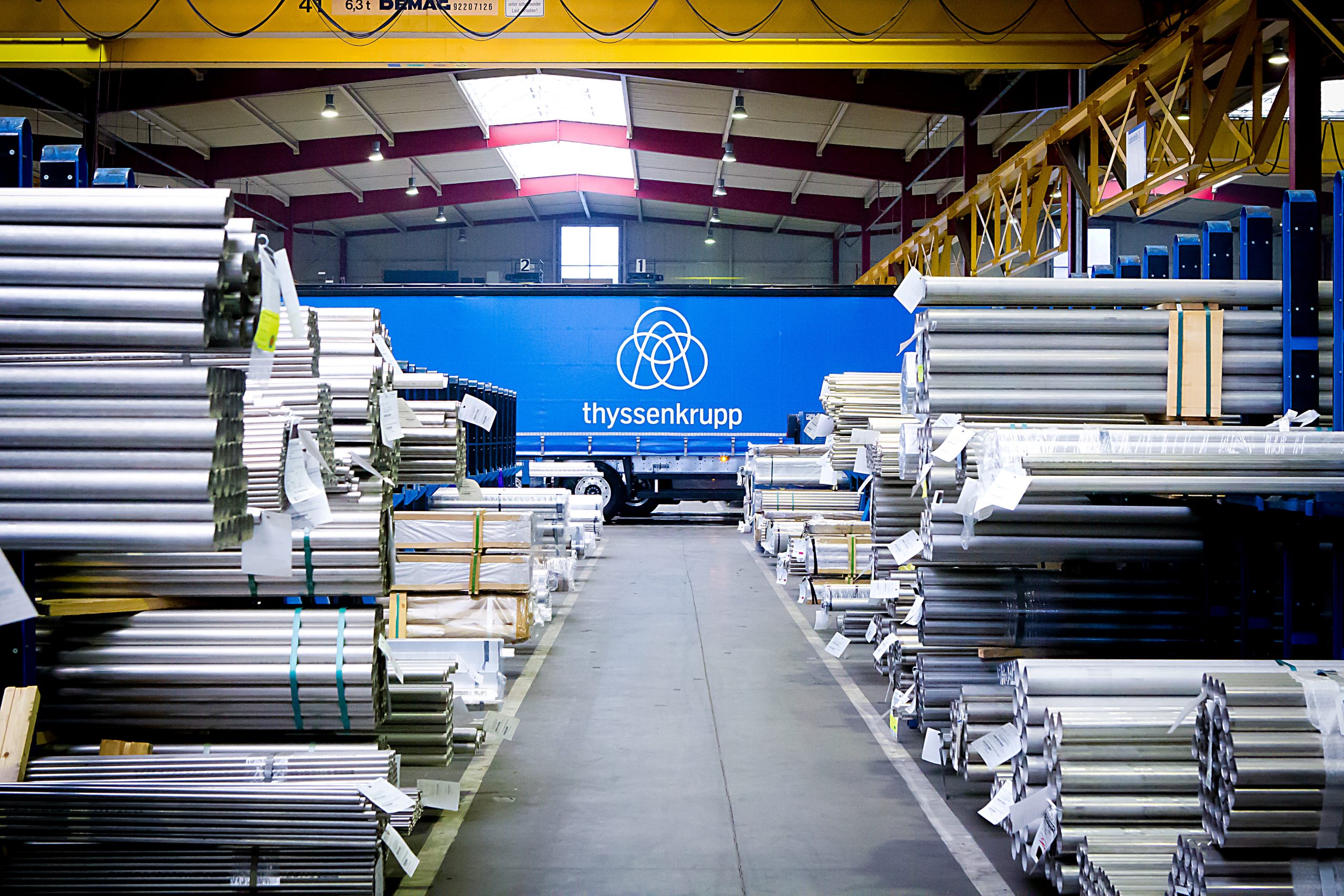Green steel needs an industry-wide definition to identify what can be considered as low-carbon steel, chairman of the executive board of Thyssenkrupp Steel Europe, Bernhard Osburg, said May 26.
At a streamed event organized by Thyssenkrupp where the company unveiled a five-point plan to achieve a transformation of steel to carbon neutrality and discussed with local politicians, Osburg said that a “label” for green steel is missing and that the industry needs it before the green steel market is fully established.
“No one is able to say what green steel is. Customers need to know what they actually buy,” Osburg said.
Thyssenkrupp plans to produce 3 million mt of green steel by 2030 to curb CO2 emissions by 30%. To achieve this, the company has to invest Eur2 billion during uncertain times and a “not yet existent market for green steel.”
“From a mere business strategy point of view, we should not start the transformation under the current circumstances,” said Osburg in a press release sent ahead of the event.
“With every tonne of hydrogen that is used in steel production, we avoid 26 tonnes of CO2. But our investment cycles are long. 2030 basically means for us tomorrow, that’s why we need to start now,” he said.
Five-point call
Thyssenkrupp made a five-point call for a successful transformation to green steel. These include fair competition laws that prevent non-EU countries to “swamp” the European market with low social and environmental standards; the continuity of free CO2 certificates in the European Trading Scheme; more funding for industries that will have to undergo the transformation; a similar incentive scheme as with electric vehicles to create competitive prices of green steel; and support for buyers of green steel with quotas and standards.
Heiko Reese, trade union representative at IG Metall, said that the funding from the government would also provide job security.
Osburg said these points need to be addressed during the current government term to ensure they can be achieved. Germany will have federal elections in September.
The German government accelerated its commitment to become climate neutral by five years earlier in May and aims to achieve the goal by 2045, which puts industries such as steel in a difficult position, Thyssenkrupp said.
Thyssenkrupp is planning to replace some coal-based fuel with hydrogen and plans to integrate the direct reduction process into the existing metallurgical network in Duisburg. Among other projects, the company also plans to raise scrap usage in existing blast furnace production.
— Laura Varriale






